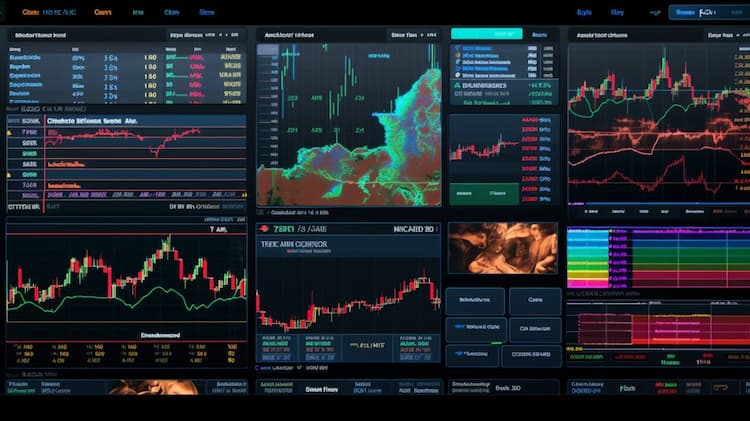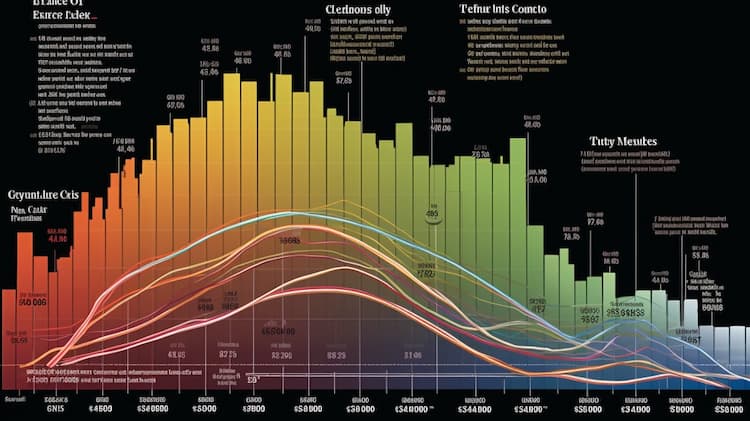RAYD ISSUER
The Rayliant Quantitative Developed Market Equity ETF (RAYD) is managed by Rayliant Global Advisors and offers investors exposure to developed market equities. The fund's investment strategy primarily targets companies based in developed market countries represented in the MSCI World Index or other widely recognized developed markets indexes. RAYD focuses on equity securities, including common stocks, depositary receipts, preferred stocks, exchange-traded funds (ETFs), and securities of other investment companies. The fund employs a quantitative investment approach with human discretion, using data-driven models to identify stocks with the potential for higher future returns while considering risk-adjusted returns. Additionally, the fund incorporates environmental, social, and governance (ESG) criteria in its stock selection and weighting process, making it suitable for investors seeking both quantitative and ESG-focused strategies in the developed market equity space.
RAYD DIVIDEND
The Rayliant Quantitative Developed Market Equity ETF (RAYD) focuses on investing in equity securities of developed market companies. While its primary objective is not centered on dividends, RAYD's dividend distribution aligns with the performance of the underlying developed market stocks. Dividend distributions typically occur according to the individual dividend policies of the companies within the ETF's portfolio, and these distributions are subject to change based on the companies' financial performance. RAYD primarily comprises stocks from developed markets, providing investors with exposure to mature financial institutions and the potential for both capital appreciation and dividend returns.
RAYD TRACKING
Tracking the Rayliant Quantitative Developed Market Equity ETF involves a strategy that primarily focuses on investing in equity securities of developed market companies. The fund aims to allocate at least 80% of its net assets to these equity securities. Developed market companies, as defined by the Adviser, are those organized or maintaining their principal place of business in countries represented in the MSCI World Index or other widely recognized developed markets indexes.
RAYD CORRELATION
The correlation aspect of the Rayliant Quantitative Developed Market Equity ETF (RAYD) is an important factor to consider when evaluating its performance. RAYD primarily invests in equity securities of developed market companies, with a focus on mid- and large-cap stocks. Since it tracks developed market equities, its correlation with the broader developed market indices can be quite high. This correlation can provide valuable insights into how RAYD performs relative to the overall developed market, making it a useful tool for investors looking to gain exposure to this segment of the global equity market.
RAYD SECTOR
The Rayliant Quantitative Developed Market Equity ETF (RAYD) primarily invests in equity securities of developed market companies. Developed markets are characterized by high GDP per capita and mature financial institutions, and RAYD focuses on stocks from countries represented in the MSCI World Index or other widely recognized developed markets indices. The ETF employs a quantitative investment approach with human discretion, allocating more weight to stocks with potential for higher future returns while considering risk-adjusted returns. Additionally, RAYD incorporates environmental, social, and governance (ESG) criteria into its stock selection and weighting process, making evaluations based on third-party data and proprietary metrics to align with ESG principles.
RAYD EXPOSURE
The Rayliant Quantitative Developed Market Equity ETF (RAYD) focuses on exposure to developed market companies. Under normal circumstances, the fund invests at least 80% of its net assets in equity securities of developed market companies. Developed market companies are defined as those organized or maintaining their principal place of business in countries represented in the MSCI World Index or other widely recognized developed markets indices. As of November 30, 2021, the MSCI World Index consists of 23 developed markets countries, including Austria, Australia, Belgium, Canada, Denmark, Finland, France, Hong Kong, Germany, Ireland, Israel, Italy, Japan, Netherlands, New Zealand, Norway, Portugal, Singapore, Spain, Sweden, Switzerland, United Kingdom, and the United States.



